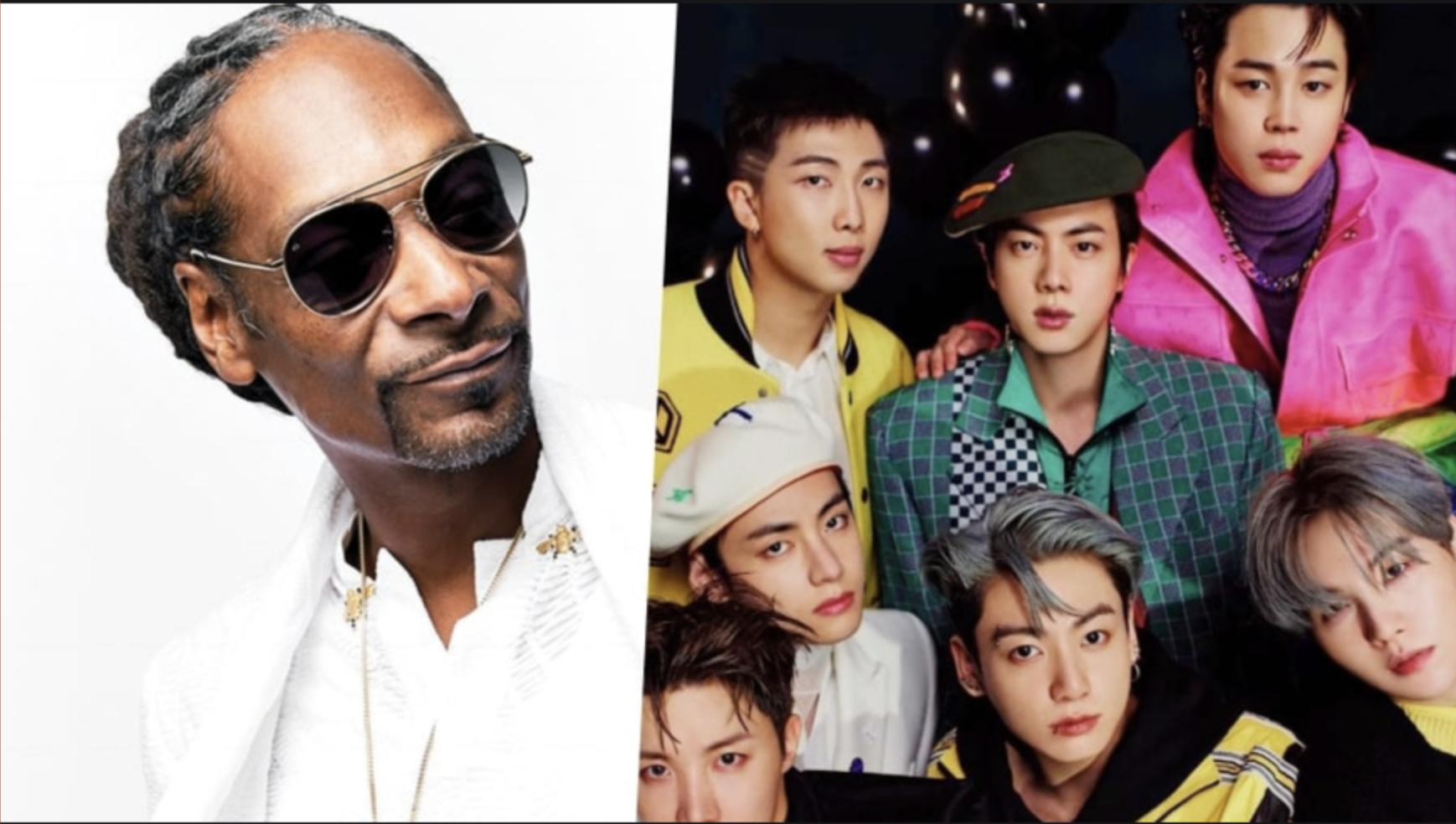Is K-Pop Expanding Excessively Into the Global Market?

K-pop’s journey from a regional phenomenon to a global powerhouse has been nothing short of extraordinary. Once mainly popular within Asia and often ignored by Western audiences, K-pop in 2025 now dominates international music scenes. Big names like BTS, BLACKPINK, and TWICE are no longer just Korean stars—they’re global icons collaborating with major American artists and playing huge roles on the world stage.
Take BTS for example—over the past decade, they have crossed paths with top-tier American legends such as Snoop Dogg, Jack Harlow, Megan Thee Stallion, and SIA, turning these partnerships into global hits. Meanwhile, TWICE has made waves by opening for Coldplay during their concerts, while BLACKPINK joined forces with Selena Gomez on the catchy track "Ice Cream," blending K-pop flair with Western pop influence. These kinds of collaborations go beyond mere features—they’re headline moments that bring K-pop further into the spotlight worldwide.
But while the spotlight gets brighter, some fans and critics have begun to wonder if K-pop is losing what made it special in the first place. The unique quirks—the blend of Korean and English lyrics, the fearless genre-mixing—are less obvious now. Songs lean more heavily toward English lyrics, and music videos can feel a bit too polished or safe. Instead of bold, culturally specific storytelling, there’s an increasing focus on crafting music that fits global trends and charts.
This shift ties into another issue fans have noticed: the sheer flood of new groups debuting every year. The success stories of BTS and BLACKPINK seem to have sparked a rush to replicate that formula, with agencies churning out new acts seemingly more concerned with quantity than innovation. This has led to a lot of safe, familiar concepts designed to appeal broadly but often lacking the daring creativity that used to define earlier K-pop eras. Compared to the second generation’s wild visual theatrics or the third generation’s cohesive concept albums, the latest waves of fourth and fifth-generation groups often feel more cautious and conventional.
The early days of K-pop stood out for a reason. It wasn’t just about polished choreography or slick production. It was about the unexpected—the weird and wonderful mix that proudly carried a Korean identity no one else was trying to copy. Songs like "Ring Ding Dong," "Fantastic Baby," and "Lucifer" didn’t just follow Western pop trends; they carved their own path. That fearless originality is what hooked international fans, drawing them into this vibrant world.
So where does K-pop go next? After breaking so many barriers and reaching unprecedented success, it may be time for the genre to rediscover that bold, funky spirit. Being global doesn’t have to mean playing it safe or sounding just like everyone else. The magic always came from being unapologetically different—and maybe that’s what the future needs to focus on again.
"Exact quote text here without any changes" Speaker Name
